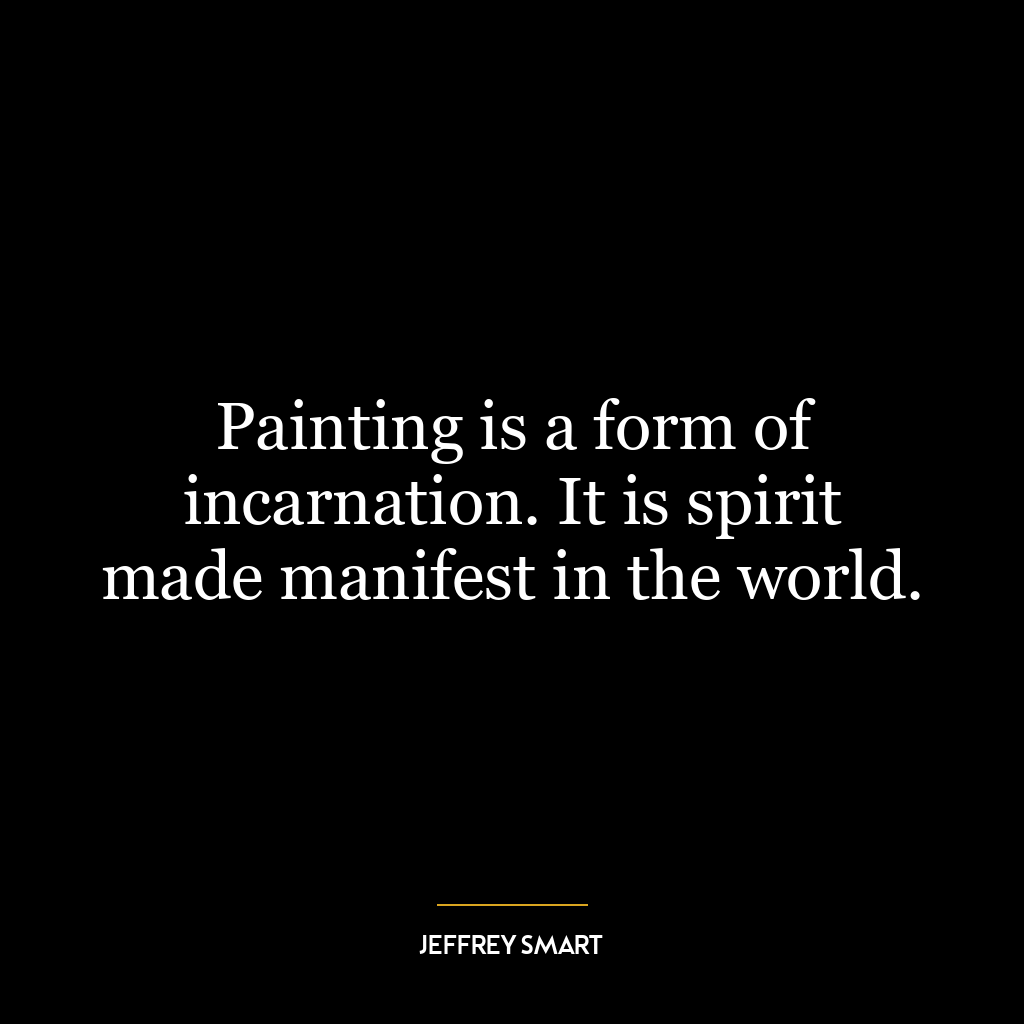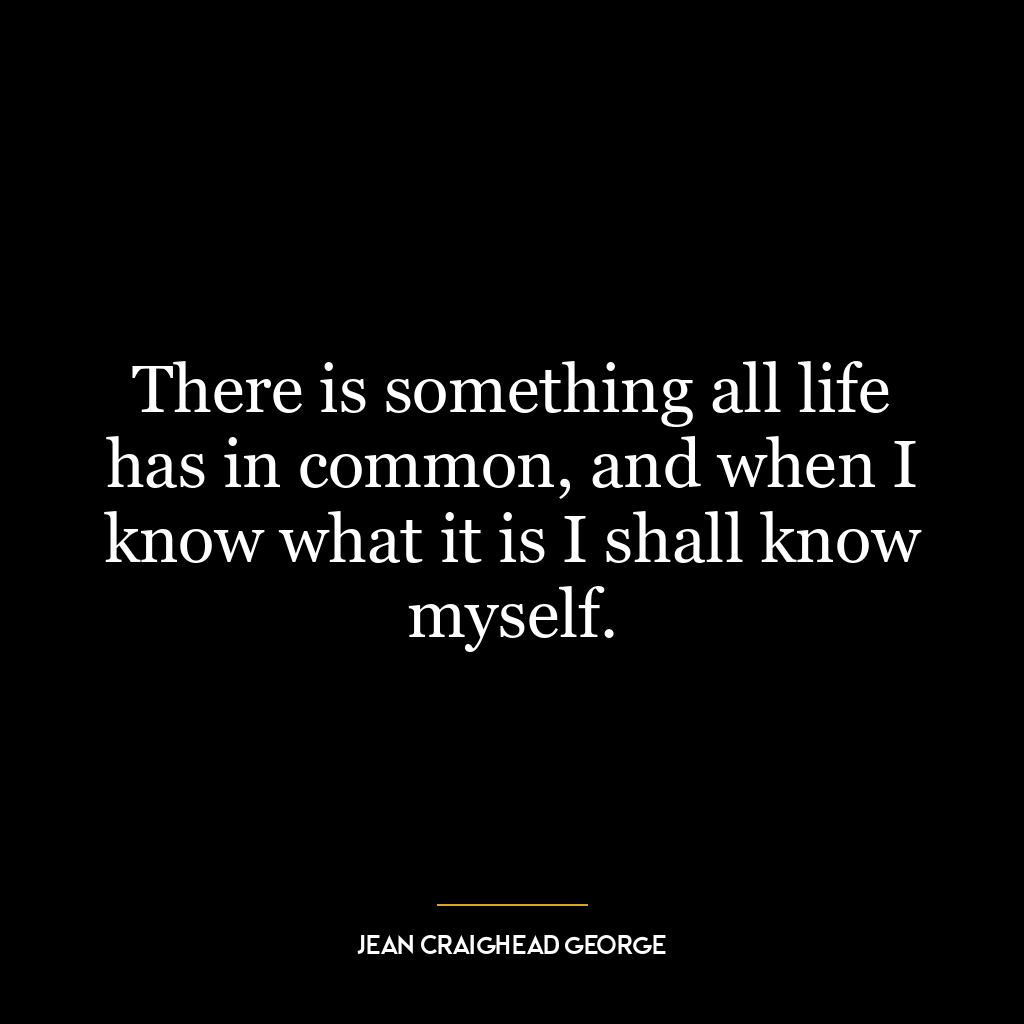This quote, “We are not worshipping anyone or anything, we are simply communing with creation,” presents a perspective that shifts the focus from worship, which often involves a higher power or deity, to a more direct connection with the world around us. It suggests that our interaction with the universe isn’t necessarily about obedience or reverence to a certain entity, but more about acknowledging, appreciating, and engaging with the world in its entirety.
Communing with creation implies a sense of unity and connection with all forms of life and matter. It’s about experiencing and appreciating the world in its raw, pure form. This could mean connecting with nature, understanding the interconnectedness of all beings, or simply being aware and present in the moment.
In the context of today’s world, this idea can be applied in many ways. For instance, in the face of environmental challenges, this quote could inspire a deeper respect for nature and a commitment to sustainable practices. If we view ourselves as a part of creation, rather than separate from or superior to it, we may be more inclined to protect and preserve it.
In terms of personal development, this quote could encourage mindfulness and presence. By communing with creation, we can cultivate a sense of peace and contentment that comes from being in tune with the world around us. It can also foster a sense of gratitude for the beauty and complexity of life.
Furthermore, it could also be interpreted as an encouragement to seek personal growth and understanding not solely through external entities or doctrines, but through our own experiences and interactions with the world. This could lead to a more authentic and self-directed form of personal development.
In essence, this quote invites us to shift our perspective from worship to communion, from reverence to engagement, and from separation to unity. It encourages us to connect more deeply with the world around us and to seek understanding and growth through our own experiences.








